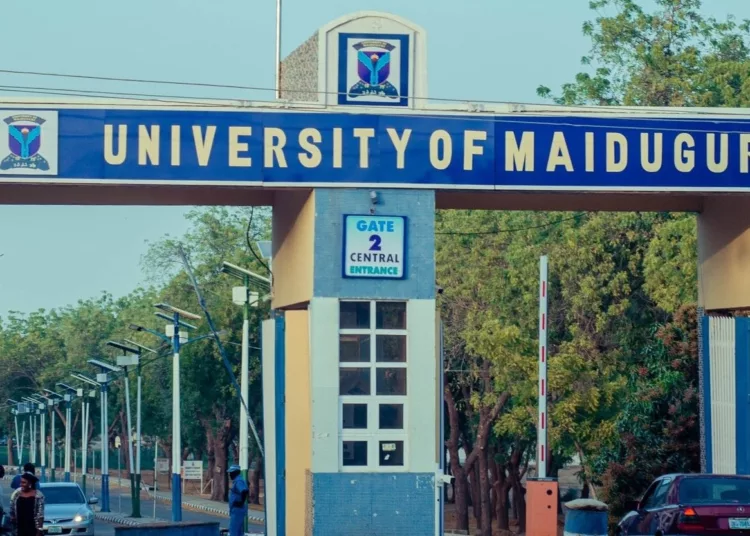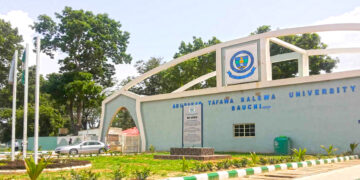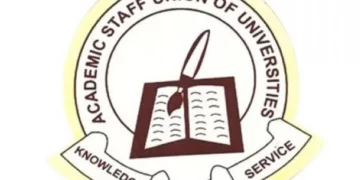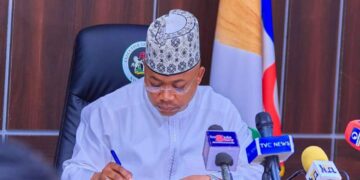The World Bank and the Rural Electrification Agency (REA) management team have toured the 12-megawatt hybrid solar plant project at the University of Maiduguri. The project will supply 4.5 megawatts of solar power to the University of Maiduguri Teaching Hospital (UMTH).
The project funded by the World Bank and implemented by REA is at 85 percent completion.
During the weekend tour of Maiduguri, the REA’s managing director/CEO, Abba Abubakar Aliyu, remarked on the significance of providing electricity to tertiary institutions.
Aliyu said the second phase of the project, funded by the World Bank, aims to provide 12mw of power to the university, benefiting 350,000 students and impacting over 50,000 staff, including non-academic staff.
He highlighted the near completion of the phase II project, which includes seven universities and two teaching hospitals.
He further stated that this is the World Bank’s first visit, and their support has been crucial in making this project a reality.
“Due to their confidence in the REA’s project implementation, the World Bank is providing an additional $750 million for the second phase of the programme called the Distributed Access through Renewable Energy Scale-up (DARES).”
The World Bank practice manager for West Africa, Mr. Ashish Khanna, expressed the World Bank’s commitment to the Energizing Education Programme (EEP) and Nigeria’s electrification.
He emphasised the project’s role in skill-building, job creation, and fostering innovation among students, predominantly female STEM students.
The head of the Nigeria Electrification Project, Olufemi Akinyelure, said, “Our mission is to create a sustainable future for Nigeria’s educational institutions. The EEP Phase II underscores our dedication to leveraging renewable energy solutions to drive academic excellence and gender inclusion in STEM fields.”
The high-level delegation earlier visited Borno State acting governor Dr Umar Kadafur and briefed him on the benefits of Energising Education Programme (EEP Phase II) deployed at the University of Maiduguri, to which the acting governor expressed gratitude to the top management delegation for prioritising project sites deployed to Borno State.
Kadafur emphasised the profound impact of renewable energy on citizens who had previously remained without access to electricity and highlighted ways the energy supply has alleviated their hardship.
He also underscored the state’s policies to reduce carbon emissions, increase energy access in underserved communities, and foster economic growth through innovative energy solutions.
The delegation proceeded to the University of Maiduguri for the site inspection of the solar plant, where the Vice-Chancellor warmly received them.
During the facility tour, Ashish Khanna, practice manager at the World Bank, met with 20 female STEM students trained under the programme, highlighting the EEP’s transformative impact.
We’ve got the edge. Get real-time reports, breaking scoops, and exclusive angles delivered straight to your phone. Don’t settle for stale news. Join LEADERSHIP NEWS on WhatsApp for 24/7 updates →
Join Our WhatsApp Channel










